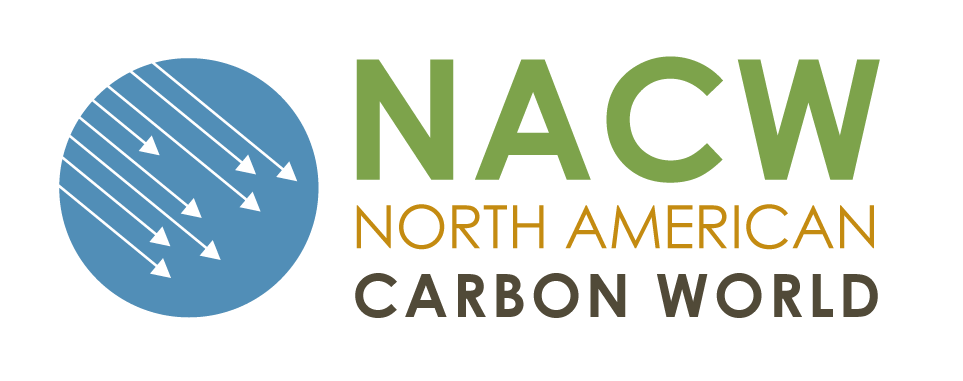(Spanish version posted on the Carbon Finance Platform (“Plataforma Finanzas Carbono”) website)
On October 23, 2013 the Climate Action Reserve, North America’s most trusted, experienced and knowledgeable carbon offset registry, approved a new methodology for quantifying international forestry offset projects. The Mexico Forest Protocol provides a standardized approach for quantifying, monitoring and verifying greenhouse gas (GHG) benefits of forest carbon enhancement activities in Mexico. It was specifically developed to allow integration into larger initiatives to address forestry and climate change under evolving Mexico REDD+ policies.
The product of several years of collaboration among a diverse and dedicated group of stakeholders, the Mexico Forest Protocol provides standardized guidance for carbon enhancement projects that addresses eligibility, baseline, inventory, permanence, social and environmental safeguards, and measurement, reporting and verification (MRV) requirements. The protocol provides accounting tools that enable multiple carbon enhancement activities to occur under one project implemented by individual landowners and/or local communities. The protocol design provides for efficient reconciliation of this project accounting framework with jurisdictional accounting, by creating a clear delineation between avoided deforestation, which will be credited under jurisdictional accounting rules, and enhanced carbon sequestration, which may be credited at the project level.
The protocol was developed with an unprecedented level of involvement from ejidos (local communities), and as a result, reflects a high level of social and environmental safeguards. Environmental and local community benefits from forest offset projects implemented under the Reserve’s Mexico Forest Protocol will include:
- Improved forest health and resiliency to climate change.
- Capacity building in communities and ejidos.
- Increased employment opportunities in forest communities.
- Significant improvements to biodiversity, water quality, and soil conservation.
Pilot Phase
The Mexico Forest Protocol is not currently open for project submissions from the general public. Instead, the Reserve is actively engaged in the development of a select number of pilot projects, which will allow the organization to learn from hands-on application of the protocol so that it may be improved and refined before being opened to the public more broadly.
The Reserve is working closely with several landowners and communities to ‘road test’ the protocol and develop software and other accounting tools to standardize monitoring and reporting activities. This deliberate process is intended to ensure the protocol is as clear and accurate as possible before being released for general use. Additionally, the Reserve will be working to facilitate investment by private entities, particularly entities operating in both Mexico and the United States, in the project credits generated under the protocol.
Currently, the Reserve’s efforts are focused on launching two to three initial pilot projects. Pilot projects are being developed with national and local non-governmental organizations (NGOs) in Mexico and are following the advice and guidance of CONAFOR (the Mexican National Forestry Commission) and CONABIO (the Mexican National Commission for Knowledge and Use of Biodiversity). One pilot project will be located in the state of Mexico and at least one pilot project will be located in the state of Oaxaca.
Seeking Partnerships
The Reserve has developed important partnerships throughout the process of developing the Mexico Forest Protocol. Current relationships with Mexican governmental agencies, NGOs, and communities in Mexico have been invaluable to creating a favorable environment for progress. The Reserve continues to seek a variety of additional partnerships that will improve the efficiencies and effectiveness of its work.
The Reserve is seeking corporate investors, private foundations, NGOs, and other potential partners interested in providing financial support and/or in-kind assistance to support the pilot forestry projects in Mexico. During this pilot phase, funding and in-kind assistance will enable the development of the data management systems and educational tools that the protocol will rely on for standardizing analysis and reporting. This pilot phase will also allow the Reserve to further refine protocol guidance, while creating real voluntary market offset credits that can be retired by pilot phase partners to demonstrate corporate and social responsibility.
For more information or to discuss potential partnerships, please contact the Climate Action Reserve at [email protected].
Tags: Natural & Working Lands, including Forests, offsets, Reserve program & staff



